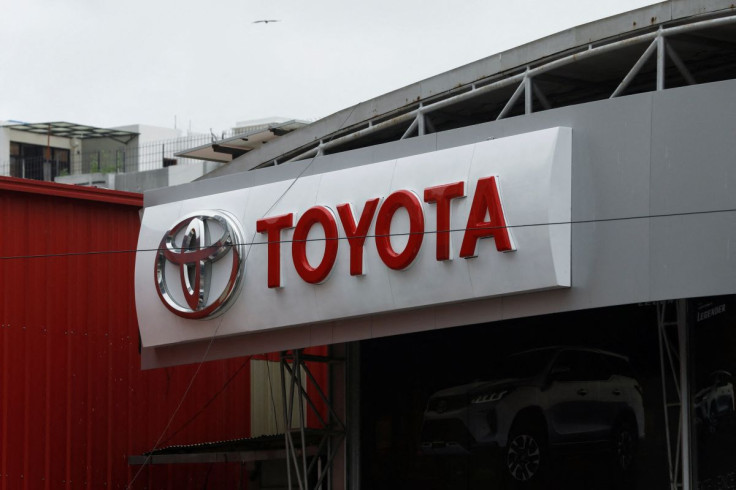Toyota, Suzuki To Partially Shut Pakistan Output Over Forex, Shortage Issues

Pakistan's two leading car assemblers, Toyota and Suzuki, plan partial plant shutdowns next month due to unavailability of raw material amid import restrictions and exchange rate volatility, officials at both companies said on Wednesday.
The government in recent weeks has attempted to curb imports in the face of fast depleting foreign reserves, a declining currency and a widening current account deficit, because of which the rupee has lost over 20% of its value this year.
The move has had a cascading effect on industries that rely on imports to complete finished goods as they say the central bank has delayed the clearance of letters of credit with banks facing a shortage of dollars, affecting their ability to import materials.
"There will be 10 working days next month, only if central bank allows us to open letter of credit based on the quota they promised," Ali Asghar Jamali, chief executive at Indus Motor Company Ltd which assembles Toyota vehicles in Pakistan, told Reuters.
He said the company was offering refunds to customers facing delays and markups on their payments, with deliveries likely to be delayed by at least three months and prices to be revised as the country does not have dollars available.
Reserves with the central bank have fallen to as low as $9.3 billion, enough to cover less than two months of imports. The current account deficit for the last financial year touched 5% of GDP with imports hitting record highs.
Pak Suzuki, which assembles Suzuki vehicles locally, echoed the sentiment, citing the central bank's new mechanism for prior approval for imports.
"Restrictions had adversely impacted clearance of import consignments from ports," the head of public relations for Pak Suzuki Motors, Shafiq A. Shaikh, said.
He said the unavailability of materials may result in a plant shutdown in August.
"If the same situation continues, then from August 2022 we have big problems," Shaikh said.
State Bank of Pakistan did not respond to requests for comment.
The sale of locally assembled cars in Pakistan surged by around 50% from July 2021 to May 2022 compared with the same period of the previous year, according to the data of Pakistan Automotive Manufactures Association.
© Copyright Thomson Reuters 2024. All rights reserved.











